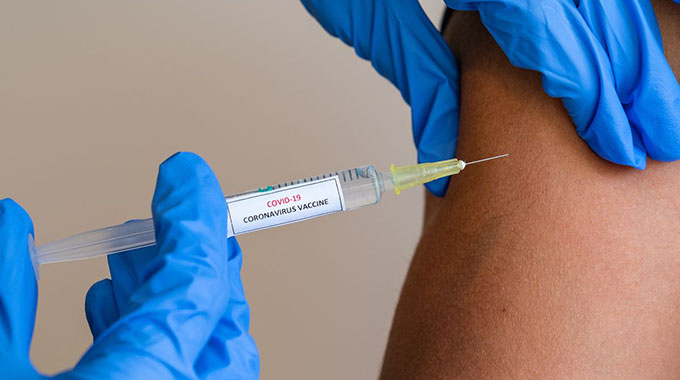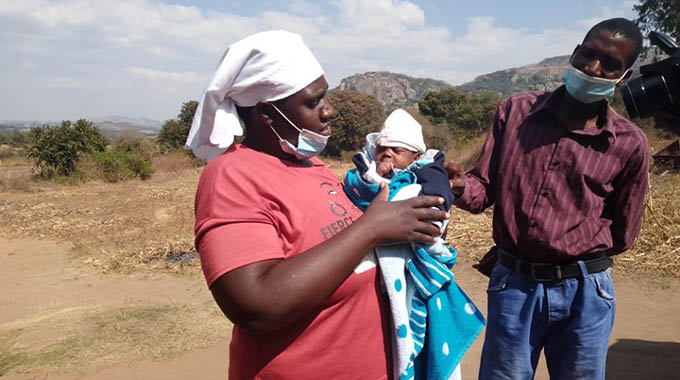Editorial Comment: While watching Olympics, resolve to get your jabs

The Tokyo Olympics, which opened last night, have one certain claim to fame: They will without doubt attract the largest television audience in history for a sporting event and bring a degree of sunshine into the bleakness of Covid-19 third waves across the world.
For many they will also be the poignant reminder that life is not normal.
Social mixing is banned and the fun of sitting in a bar and watching the games on a big screen with other enthusiasts is not an option in most countries, but at least we can still watch.
In many ways, and for many people, it is the lack of friendship, the lack of just sitting with friends, that is probably the hardest part of the Covid-19 pandemic to bear.
Of course families who have lost a loved one have an infinitely larger load of grief, but for most of us the burden is the lack of society.
For the athletes at the games the final year of training must have been really difficult.
In most countries there have been serious restrictions, but at least athletes in individual events have been able to keep up the training and pushing the limits, although they have been racing against the clock, not each other. For some the Olympics will be the first time they have competed against physical opponents for many months.
Sport grew as a social activity, and even when people were competing as individuals rather than in teams they would interact before and afterwards and enjoy the companionship of fellow enthusiasts.
But for one generation of athletes much of that has been missing. Even those in team sports have often had to play before empty stands with bans on audiences, and the audiences have had to rely on television, and even then television while sitting alone.
We have seen the same in much of the entertainment world.
Artistes are having to perform in virtual concerts and rely on online platforms to distribute their material.
The interaction between an artiste and a live audience is missing, and that can make along of things very difficult and sometimes a bit dampening.
But sports people and artists are pushing on with their work and their lives, and have adapted to the world of Covid-19. The best will remain the best.
But what of the rest of us?
When life returns to normal, as it will when the world moves into herd immunity, perhaps one of the things we will need to ask ourselves is how did we cope with the near self-isolation, what did we gain and how did we use an opportunity.
For some there will be no gain, just a numbing memory.
But for others there will a better family life, advance in private studies, business plans to implement and a more robust outlook on life. We can all use the time we used to devote to social life productively, even if this is limited to doing something about our gardens.
One critical area for many, parents of children or grandchildren of school-going age, will be the help and assistance we offer these children whose schooling has been seriously messed up in most countries.
Getting hold of the lessons, online or from others who managed to get them online, using the social budget to buy the books, and overcoming a long gap of being acquainted with so many subjects will be of immense benefit to children.
Some parents have gone as far as arranging private lessons, which is fine if these are on the phone or online, but a very bad idea if they are given in person.
We are all in for a very long haul. Even in countries where vaccination rates are very high there is still great danger in social activity, since regrettably none of us are really safe until we are all safe.
Countries which tried to move back to normal too early have been among the hardest hit by the third waves, while those who kept restrictions tighter are weathering the surges better.
But mass vaccination will eventually lead to herd immunity and a return to normal, so it is difficult to understand why some people still resist this simple double jab.
Zimbabweans are getting better. With the Government upgrading both the vaccine supply and the distribution, we have been seeing record levels of vaccination over the last two weeks with our second millionth dose given on Thursday, just under seven weeks after we hit 1 million jabs, and that took three and half months. The third millionth jab, at present rates, should be in around three weeks, and we might be able to do it even quicker if we all move forward together.
This is why, perhaps, when we are sitting at home watching the Olympics and remembering the fun we had watching past Olympics with friends, we should perhaps resolve to go for our jabs, if we have not already done that, and start bugging our friends to go for theirs.
The sooner we all start, the sooner we can return to normal, and guarantee that we can watch the 2024 Olympics in Paris, with our friends and acquaintances and even do that in a bar.









Comments